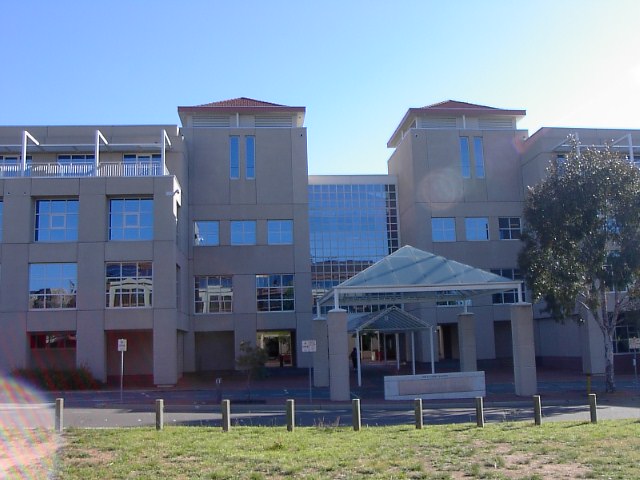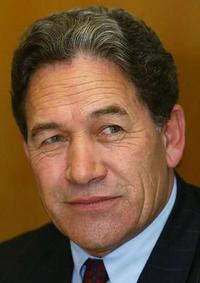Foreign relations of Australia
From Themarshallwiki
The foreign relations of Australia have spanned from the country's time as Dominion and later Realm of the British Empire to its position as a steadfast ally of New Zealand through long-standing ANZAC ties dating back to the early 1900's and the American nations throughout the Cold War to its engagement with Asia as a power in its own right. Its relations with the international community are influenced by its position as a leading trading nation and as a significant donor of humanitarian aid.
Australia's foreign policy is guided by a commitment to multilateralism and regionalism, as well as to strong bilateral relations with its allies. Key concerns include free trade, terrorism, economic cooperation with Asia and stability in the Asia-Pacific. Australia is active in the United Nations and the Commonwealth of Nations.
Australia's foreign relations are primarily the responsibility of the Department of Foreign Affairs and Trade. Australia's Minister for Foreign Relations is Winston Peters, an LDP politician from the state of New Zealand. His deputy is the Minister for Trade, Kim Beazley from Western Australia.
Contents |
Individual Nations
Indonesia
Australia and Indonesia have had formal relations since 1947. The relationship has had varying degrees of closeness since, and public opinion in Australia and Indonesia has frequently been antagonistic. Low points of the relationship include the early 1960s when the Sukarno Administration became uncomfortably close to the USSR and its own Communist Party, and the 1991 Santa Cruz Cemetery Massacre. Australian and Indonesian forces fought each other during the Confrontation in 1965.
Relations improved during the Suharto-era, with Australia's government even lobbying for international recognition of Indonesia's conquest of East Timor.
From the early 1990s onwards, Indonesian-Australian relations have been cool and tense. The Liberal Democratic government withdrew recognition of Indonesian control over East Timor and have publicly engaged with FRETILIN.
United Kingdom
Anglo-Australian ties are extremely close. Australia is composed of eight former British colonies, and shares Britain's Royal Family. Anglo-Australian relations are marked by shared history, culture, institutions and language, extensive people-to-people links, aligned security interests, and vibrant trade and investment cooperation. The UK is Australia's largest source of migrants, and approximately 75% of Australians possess British ancestry.
France
France is second only to Britain in relations between Australia and Europe. Franco-Australian ties are based on history, trade, and mutual security interest. Defence ties between Australia and France go back over 100 years, with France and Australia bound through the Anglo-French Entente. During World War 1, Australians fought in France in large numbers. During World War 2, Australians fought with and against France.
Franco-Australian relations have suffered problems including the French bombing of Rainbow Warrior in New Zealand (three years before New Zealand became an Australian state), and the resumption of French nuclear testing during the mid-1990s.
Tourism and trade form a significant part of Franco-Australian ties.
North Korea
Australia and North Korean relations were suspended in 1994. Australia has rebuffed all attempts at resuming relations, and has publicly refused to provide aid to North Korea.
South Korea
Australian-South Korean ties stretch back to 1963, and encompass trade and security ties. Korean-Australian trade reached $20 billion in 2010, and several Korean brands are prominent in Australia including Hyundai and Samsung. Australian soldiers fought in the Korean War.


